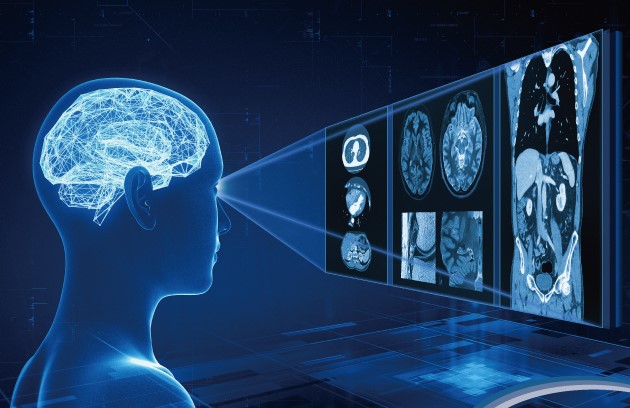Gary Marcus argued at Axios’ AI+ Summit that large language models (LLMs) offer utility but fall short of the transformative claims made by their developers. He framed their fundamental role as groundwork for future artificial general intelligence. He suggested that meaningful capability shifts lie beyond today’s systems.
Marcus said alignment challenges stem from LLMs lacking robust world models and reliable constraints. He noted that models still hallucinate despite explicit instructions to avoid errors. He described current systems as an early rehearsal rather than a route to AGI.
Concerns raised included bias, misinformation, environmental impact and implications for education. Marcus also warned about the decline of online information quality as automated content spreads. He believes structural flaws make these issues persistent.
Industry momentum remains strong despite unresolved risks. Developers continue to push forward without clear explanations for model behaviour. Investment flows remain focused on the promise of AGI, despite timelines consistently shifting.
Strategic competition adds pressure, with the United States seeking to maintain an edge over China in advanced AI. Political signals reinforce the drive toward rapid development. Marcus argued that stronger frameworks are needed before systems scale further.
Would you like to learn more about AI, tech, and digital diplomacy? If so, ask our Diplo chatbot!










